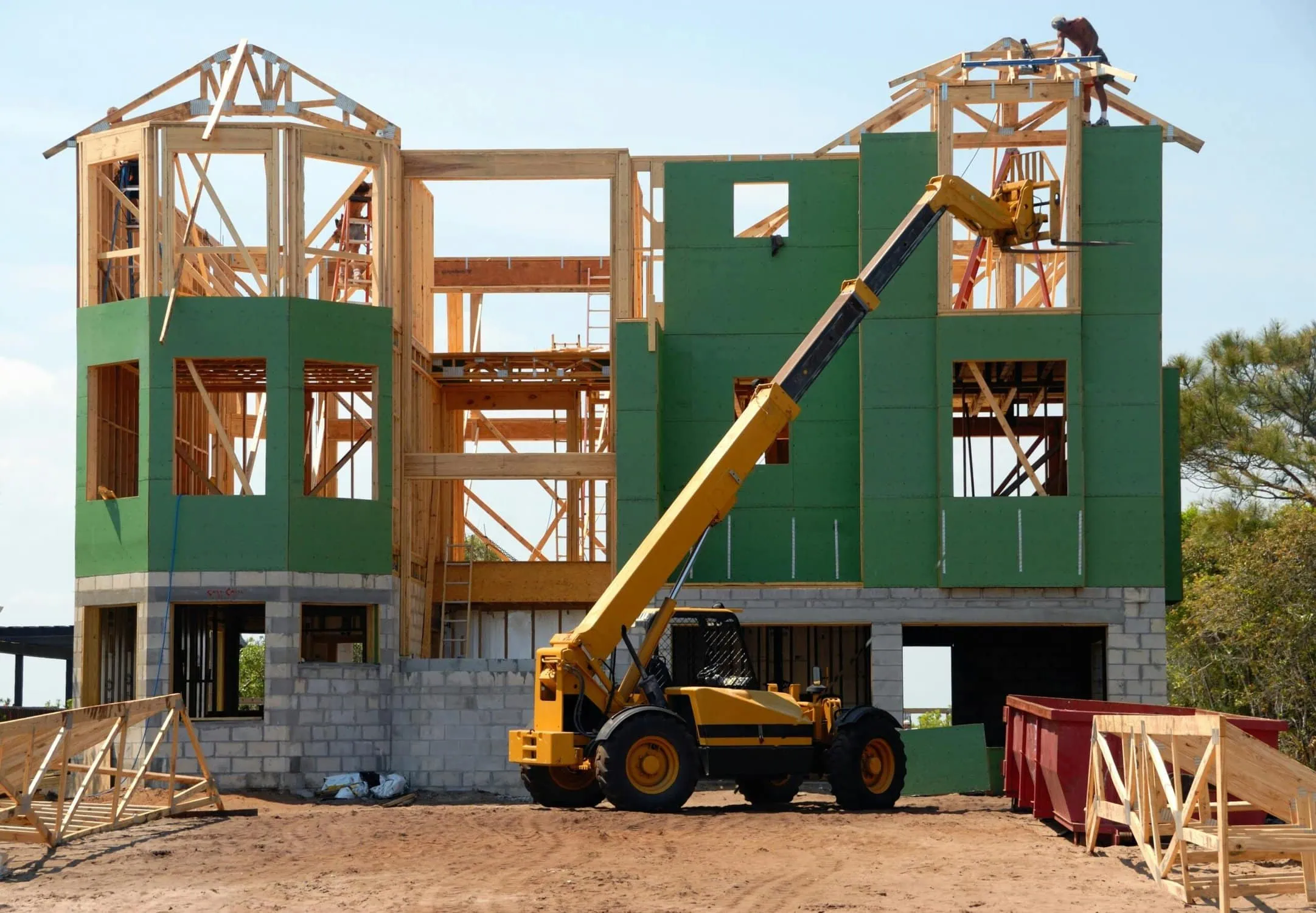Capital Gains On Subdivided Land, And HST On Vacant Land

The article “Capital gains on subdivided land, and HST on vacant land” was originally published in MoneySense on March 10, 2022.
For property that you can subdivide, you can sell some of the land and build a house on the rest. But would you owe any tax?
Our primary residence of three years is built on a double lot. We received a partial discharge of our double lot and built our house on it for cash. Do we have to pay any capital gains? We did not plan on doing this when we first purchased it. –Devon
Is there GST on land sales?
First, when you sell real estate, including vacant land, Devon, there may be income tax implications, like capital gains tax, as well as GST/HST sales tax implications. Generally, the sale of a principal residence is exempt from income tax.
How does principal residence exemption work?
Now, in order for a property to qualify for the principal residence exemption from capital gains tax, it must meet four criteria:
- It is a housing unit, a leasehold interest in a housing unit or a share of the capital stock of a co-operative housing corporation you acquire only to get the right to inhabit a housing unit owned by that corporation.
- You own the property alone or jointly with another person.
- You, your current or former spouse or common-law partner, or any of your children lived in it at some time during the year.
- You designate the property as your principal residence.
Assuming the property meets these criteria, Devon, there is a further consideration related to the land. Generally, if the land size is less than 0.5 hectare (1.24 acres), it can be part of your principal residence. If the land size is larger but you can demonstrate that the additional land is needed to enjoy your home, you can consider the whole property part of your principal residence. One example of this is if the municipality had a minimum lot size that exceeded 0.5 hectare when you bought the property.
If the additional land is not considered part of your principal residence, whether it is subdivided or not, a sale may be subject to tax on the capital gain if it appreciates in value.
I will assume, Devon, that the land size is less than 0.5 hectare in your case. Although, for most homeowners, it is unusual to sell a part of your principal residence, it appears that is what you have successfully done here. As such, the proceeds should be tax-free.
Reporting capital gains and sale of the property
You will need to report the transaction on Schedule 3 of your income tax return, specifically on Form T2091. You report the proceeds of disposition (the amount you sold the property for); the outlays and expenses related to the disposition (like real estate commissions and legal fees paid); your adjusted cost base (a prorated allocation of your purchase price for the property); the years you owned the property; and the years you are declaring it as your principal residence.
Any time you buy and sell real estate in a short period of time, there is a risk the Canada Revenue Agency (CRA) considers the transaction to be property flipping. Selling a property that you acquire with the primary intention of generating a profit could result in a principal residence claim being denied and having the proceeds taxable as business income.
Sales tax on the sale of vacant land
The transaction could also give rise to GST/HST sales tax payable to CRA. Sales tax can apply if you are considered to have flipped the property and have taxable business income on the sale. Vacant land is generally exempt from GST/HST if the land was for personal use, or it was sold to a relative for their personal use.
It does not sound like sales tax would apply in your case, Devon, but it is a consideration for some readers.
Subdivided land can result in GST/HST payable on the land. As long as you have never subdivided the vacant land and subdivided it into only two parts, the sale of either of those parts should be GST/HST exempt.
Land subdivided into more than two parts can give rise to a taxable sale. This further assumes the land is not capital property used primarily (more than 50%) in a business and is not being sold in the course of a business; this would typically not apply to a principal residence.
Lots like yours are hard to come by in many municipalities, Devon. It sounds like you not only got a great deal on the purchase three years ago but have also earned a tax-free return.
Jason Heath is a fee-only, advice-only Certified Financial Planner (CFP) at Objective Financial Partners Inc. in Toronto. He does not sell any financial products whatsoever. This column was originally published on January 18, 2021 . It was last updated on March 10, 2022.
This article is intended for educational purposes only and does not constitute personalized advice. The strategies and information discussed may not be suitable for your individual situation or may not be up-to-date and current. Please seek guidance from a licensed professional for advice specific to your circumstances.
Blog Contributors
Recent Posts
Subscribe to our newsletter
Want to stay up to date with our most recents articles?
Sign up below to receive emails whenever we have a new story!
